The Importance of Stabilization in Machining
By exhibiting three different scenarios — machining, welding and assembly — project manager, John Zaya, shares knowledge on the importance of stability in a recent Fabricating & Metalworking article.
As far as machining goes, if you’re having to back off feeds and speeds to achieve finishes, there’s a good chance a part is not completely stable. One option to increase stability is to add an extra point of contact by using a temporary locating feature or weld tabs and brackets. However, BIG KAISER’s zero-point system, Unilock, stabilizer kit can easily adjust to any new part — making machining more efficient and cost-effective.
In welding, many parts are welded in place because they are not easy to move. However, if these parts are unstable, it can cause problems for subsequent operations. Unilock’s flexible arm design can adjust to immobile weldments in order to secure them. This is useful in jobs where rapid part changes are common because the stabilizer can adapt to parts with odd shapes and sizes.
Assembly is typically handled by overhead cranes, still, fine-tuning the final position of the parts improves overall safety. Stabilizer kits can be helpful by working hand in hand with positioning tactics to ensure a stable outcome.
Zaya says, “The importance of stability across the metalworking industry cannot be overstated. It impacts everything from profitability to employee safety.” Investing in an adaptable and quick-changing stabilizer system can improve metalworking efforts and prove beneficial in the long run.
Information on the Unilock Stabilizer System can be found on our website. To read the full article in Fabricating & Metalworking, click here.
Did you find this interesting or helpful? Let us know what you think by adding your comments or questions below.





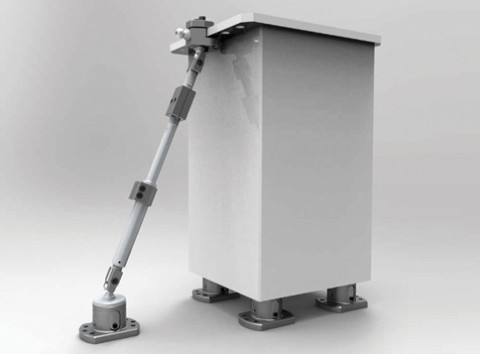
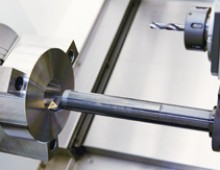
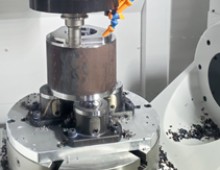
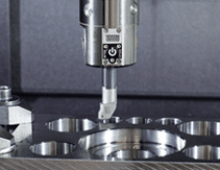
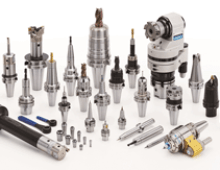
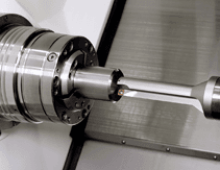
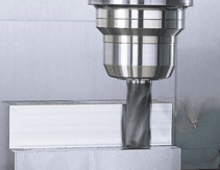
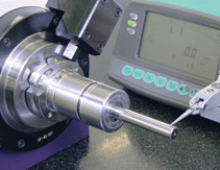
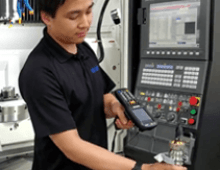
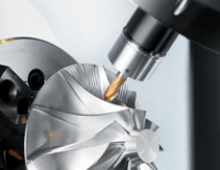
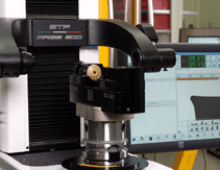

Add new comment